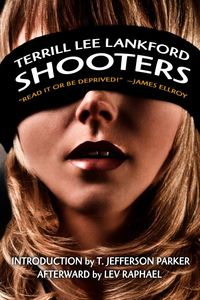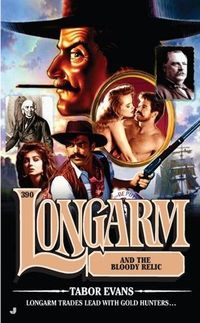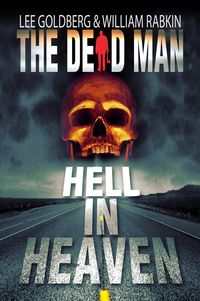The Washington Post reported today on how the rise of the ebook has been an overnight game-changer for authors…and has sparked a gold rush among them to get their back-list books and unpublished manuscripts on the Kindle as quickly as possible.
And for good reason.
The article leads off with the story of author Nyree Belleville, who was dropped by her publisher early last year. Demoralized and desperate, she put one of her old books on the Kindle just to see what would happen. She earned $281 her first month…and couldn't wait to share the news with her other author-friends.
“That moment is burned in everybody’s mind now,” she says. “It was not a tipping point. It was a turning point.”
She put her other old book online and figured out how to place both on other e-readers — the Nook, the Sony Reader, the iPad, Kobo. The next month, her royalties bumped to $474. Giddy, she self-published a new e-book in July. She made a jaw-dropping $3,539. It was like the best thingever!
“Every day, as the numbers ticked by, my husband and I were floored,” she says.
She got the rights to two more old novels. She feverishly wrote another e-novel, “Game for Love,” about a bad-boy pro football player and his unexpected marriage. She popped it online Dec. 15.
Earnings for that month? $19,315.
In January and February, she e-published a trilogy of young-adult novels she’d written years earlier. She called the first one “Seattle Girl” and chose a new author name, Lucy Kevin, to distinguish it from the sexually explicit Andre books.
Here’s what her first quarter looked like: 56,008 books sold; income, $116,264.
[…]There is no good comparison for what’s happening in the frontier world of self-published e-books, because there has never been anything like it in publishing history.
They're right…because her story is not unique. Just today I helped two friends of mine get their out-of-print backlists up on the Kindle. But the Post article also acknowledges not everyone is making a fortune self-publishing ebooks…in fact, most aren't making anything.
The overwhelming number of self-publishing e-authors are consigned to the same fate as their print counterparts: oblivion.
“We have less than 50 people who are making more than $50,000 per year. We have a lot who don’t sell a single book,” says Mark Coker, founder of Smashwords.com, a Web site that helped launch indie publishing.
“When I load all our numbers on a spreadsheet, it’s the typical power curve,” he says. “On the left, there’s a skinny area of the chart where people are knocking it out of the park. And then we have a very, very long tail off to the right, where some titles sell very few at all.”
I'm impressed that Mark Coker is telling it like it is. It's remarkable, and commendable, that he's not just making it easy for authors to get their books on Amazon, B&N, Kobo, etc, he's also being honest about their chances for success. He's not trying to trick them into thinking that publishing with Smashwords is all it takes to become a successful author.
Unfortunately, too many aspiring authors, giddy with greed and a desire to be the next Amanda Hocking, are more than willing to trick themselves. They delude themselves into believing that all they have to do is put the raw manuscripts on the Kindle and the cash will start pouring in, which is why there is tsunami of swill is sweeping over Smashwords and, by extension, Amazon.
But those of us who were previously-published have an edge. We have a platform and, more importantly, a backlist. You can't imagine how thrilling it is for mid-list authors to discover that our out-of-print books, something that we believe had no monetary value, are suddenly worth tens, if not hundreds, of thousands of dollars.
Any published author who isn't putting their out-of-print books on the Kindle, Nook, etc. is making a huge, and costly, mistake. But not just financially…they are missing an opportunity to establish a beachhead in the ebook world while having been previously published still means something and can give you a platform to rise above the tsunami.
 I’ve been having a great time at the Big Island Film Festival on the Big Island of Hawaii. I arrived on Wednesday night, showered, and hurried over to the Mayor’s reception, where I chatted with some of the other film-makers, who have come from all over the U.S. and a few from overseas. Then I headed over to the Shops at Mauna Lani for an outdoor screening of a handful of short films. You couldn’t beat the venue…watching movies under the stars with a gentle sea breeze. The films themselves were well-made but suffered from very, very predictable, by-the-numbers story-telling.
I’ve been having a great time at the Big Island Film Festival on the Big Island of Hawaii. I arrived on Wednesday night, showered, and hurried over to the Mayor’s reception, where I chatted with some of the other film-makers, who have come from all over the U.S. and a few from overseas. Then I headed over to the Shops at Mauna Lani for an outdoor screening of a handful of short films. You couldn’t beat the venue…watching movies under the stars with a gentle sea breeze. The films themselves were well-made but suffered from very, very predictable, by-the-numbers story-telling. 








